Meet the DMZ’s newest Pre-Incubator cohort, 23 companies who are innovating across diverse industries
Our newest Pre-Incubator cohort is in full swing. The DMZ is ecstatic to present 23 tech companies that have been hand-selected to join this cohort, from startups that produce smart bedsheets, to platforms that help businesses share data about their carbon footprint. For the next 6 weeks, the DMZ will help these founders validate their business idea, establish a minimum viable product, and build a roadmap for implementation to launch their startup.
Pre-Incubator founders participate in peer-to-peer sessions, founder roundtables, and expert-led workshops. They receive 80+ membership benefits valued at $470,000+, have one-on-one support from our Program Leads, and much more. Post-graduation, they will be on track to launch their startup within 3 months and generate revenue within 6, allowing them to kick-start their entrepreneurial journey!
The cohort has founders based in Canada, U.S., U.K., and Ukraine.
Keep an eye out for these startups who are making major waves in tech:

Lightster offers a mobile platform for customer interviews on-demand. They enable Product Managers & Entrepreneurs (Creators) to talk to target customers (Lightsters) in 60 seconds, allowing anyone to earn $60 an hour by being their true self with no investment or skillsets required.
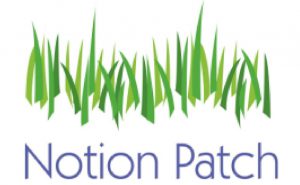
Notion Patch is an ed-tech startup offering online XR exams. Identifying the need for online exam security and XR technology positions, Notion Patch offers customers to complete certified & approved exams online in Virtual Reality, Augmented Reality, or with a Smartphone AR App.
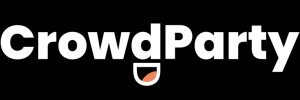
Crowd Party Inc. is the Netflix for workplace games, allowing teams to build joyful connections remotely or in a hybrid working environment.

BallStreet is building a fractionalized stock market for trading sports cards on the blockchain. They enable card owners to earn royalties and buyers to invest in fractional ownership in the sports world’s most sought-after collectibles.

Carbon Graph is a communications platform for businesses to share data about the carbon footprint of their products. It is the first of its kind to enable complex, global supply chains to achieve carbon transparency and associated ROI.

Car Juggle is a platform where users can appraise, buy, sell, or lease a pre-owned vehicle, with the ability to determine fair market value, list or buy, and get instant offers from dealers, including international buyers.
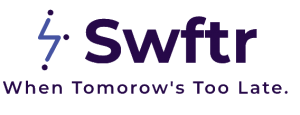
SWFTR provides a platform to streamline the process of making critical deliveries with high reliability, transparency, and efficiency. Equipped with a technology-enabled platform and scalable network of delivery professionals, SWFTR offers clients a holistic critical logistics solution, allowing them to focus on their day-to-day operations.

Dwella is a prop-tech company aiming to democratize real estate investing. By leveraging the ethereum blockchain, Dwella is making fractional ownership possible and providing liquidity.

Tailwind is an online guidance counselling platform that helps students make a successful transition into the first year of post-secondary school.

Litespace is a modern, hybrid, and remote workplace solution focused on optimizing efficiency and engagement in the workspace. Through AI, Litespaces enables efficient collaboration among employees based on their statuses, teams, roles, and their proximity to each other.

Noxware Ltd. is a MedTech startup that produces smart bedsheets for remote health monitoring for seniors requiring telehealth services at home. Noxware’s bedsheets can detect different patterns of body movement, perform remote rehabilitation, and monitor cardiovascular abnormalities and sleep disorders.

GoBazzinga is a blockchain-powered gamified social media platform that helps creators in developing faster monetization of sustainable revenue streams that allows them to continue doing what they love.

Quanta Vici is a smart wearable tech startup that was born to expand the spectrum of human senses and abilities through practical day-to-day smart wearable technologies. Their products include Smart Heated Wearables, a product line of gloves and socks that sense and maintain the exact temperature clients personally chose.
Cartoonely is a marketplace that helps customers purchase custom art made by real artists. Cartoonely has sold custom portraits across 14 different countries within a year.
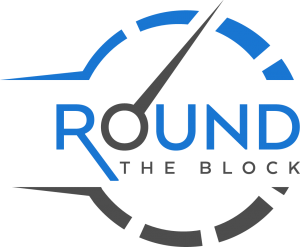
Round the Block offers a mobile app that helps students find driving instructors easily. They also organize instructor schedules and handle daily marketing, enabling instructors to focus on teaching.
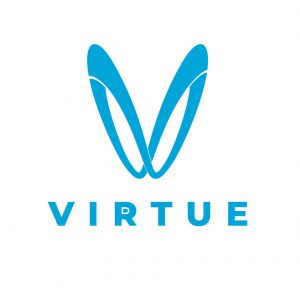
Virtue is a Chrome extension that empowers consumers to make a change by leveraging their buying decisions. Virtue activates when users shop online while seamlessly recommending 300+ Black-owned alternative businesses.

Beauty N Brushes is a social beauty booking web app connecting women and People of Colour to Black beauty professionals. It allows clients to explore the Black beauty looks they love and book the professionals responsible for those looks.

Simplicad is building a SaaS-enabled marketplace that allows homeowners to order custom ironwork from all around the world.
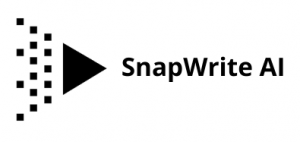
SnapWrite AI uses product images to generate product features and product descriptions for eCommerce companies. They provide tools for retailers, independent store owners, in-house marketing teams, and copywriters to structure a brand’s catalogue.

Brainbot is a personalized concussion recovery app that gamifies recovery, focusing on tracking activities and symptoms and providing the clear guidance survivors seek. Their platform connects users virtually with licensed Occupational Therapists for enriched support. Shelley Vaisberg, Brainbot’s founder, is available for private consultation here.

Granularity helps businesses decide how much to order and how often with improved accuracy. Granularity infuses demand forecasting with AI and big data, using social media, macroeconomics, and more.
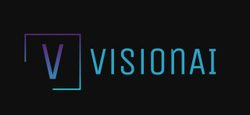
VisionAI Solutions integrates data from wearables and medical devices and patient EMR (Electronic Medical Record) data to provide real-time data on homecare, retirement home, and long-term care clients.
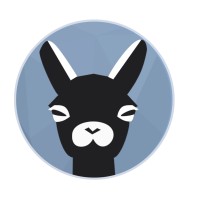
Vicuna Corp is an ed-tech startup that houses Scholaebot, a smart engine streamlining the creation, generation, editing, and management of mathematics content with minimal user input. Scholaebot consists of a base repository of mathematics template questions, and analyses and generates similar questions based on those templates.
If you are an early-stage tech founder and are interested in joining the DMZ Pre-Incubator, check out more about the program details and selection criteria here.



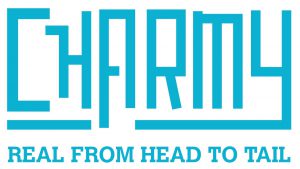


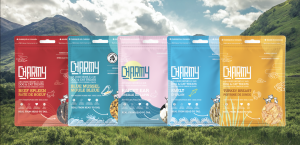
 The DMZ brought together select Black alumni founders from the DMZ’s
The DMZ brought together select Black alumni founders from the DMZ’s  HumanSquad
HumanSquad Our CEO and Co-Founder Tunde Omotoye provides informal immigration and human resource advisory support to over a quarter of a million followers seeking to move, settle, and grow their career in Canada.
Our CEO and Co-Founder Tunde Omotoye provides informal immigration and human resource advisory support to over a quarter of a million followers seeking to move, settle, and grow their career in Canada. 
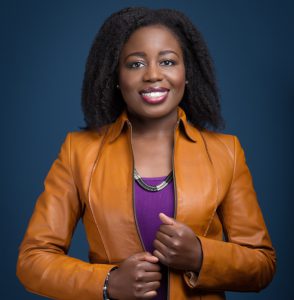 I started Lisnen to address a personal pain point that I was experiencing as someone with hearing loss. I had slept through a fire alarm in my condo after taking off my hearing aids to sleep. I hadn’t realized what had happened until a couple of days later when a notice in my inbox notified tenants of the situation.
I started Lisnen to address a personal pain point that I was experiencing as someone with hearing loss. I had slept through a fire alarm in my condo after taking off my hearing aids to sleep. I hadn’t realized what had happened until a couple of days later when a notice in my inbox notified tenants of the situation.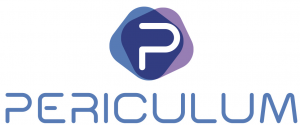
 I was born and raised in Nigeria, where I spent the first 18 years of my life. I came to Canada on my 19th birthday to go to school at the College of New Caledonia in Prince George, British Columbia. I ended up transferring to Thompson University in Kamloops.
I was born and raised in Nigeria, where I spent the first 18 years of my life. I came to Canada on my 19th birthday to go to school at the College of New Caledonia in Prince George, British Columbia. I ended up transferring to Thompson University in Kamloops.  We are two women who have crossed the threshold of 60! We both went through menopause and had difficulties with it, but at the time, there was very little information and support available for women.
We are two women who have crossed the threshold of 60! We both went through menopause and had difficulties with it, but at the time, there was very little information and support available for women. 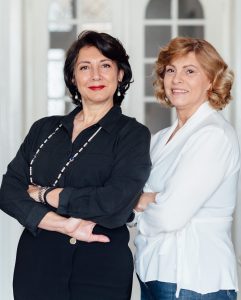


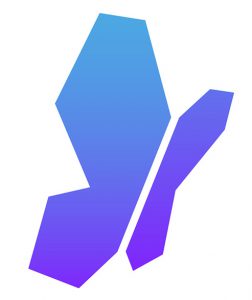



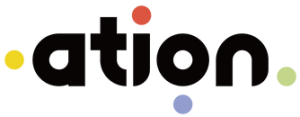
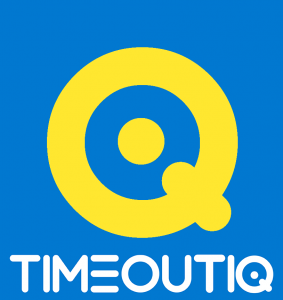
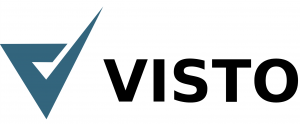

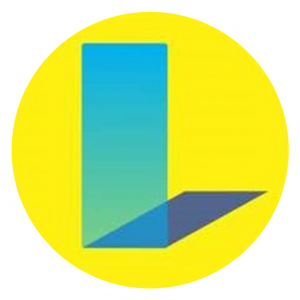

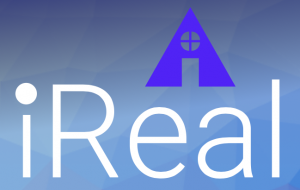
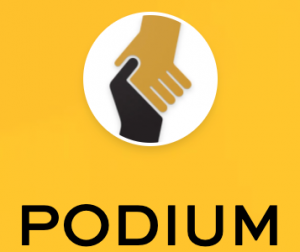
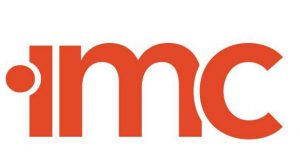







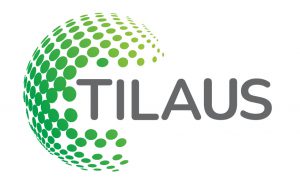
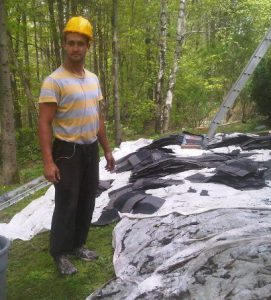
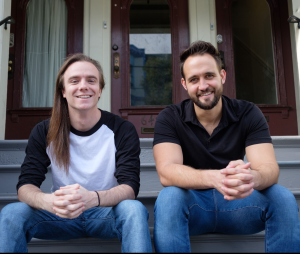


 “Being in DMZ’s Incubator program is like having a GPS for your startup journey, and the Black Innovation Program is the ‘Iron Man’ to DMZ’s ‘Avengers.
“Being in DMZ’s Incubator program is like having a GPS for your startup journey, and the Black Innovation Program is the ‘Iron Man’ to DMZ’s ‘Avengers. “As a part of the Incubator, we have a customized plan that was created for us to grow and dedicated mentors to work with. DMZ’s focus since day one has been on practicality, providing us with real tangible support to grow and succeed.” – Zach Sheng, Co-Founder of
“As a part of the Incubator, we have a customized plan that was created for us to grow and dedicated mentors to work with. DMZ’s focus since day one has been on practicality, providing us with real tangible support to grow and succeed.” – Zach Sheng, Co-Founder of 
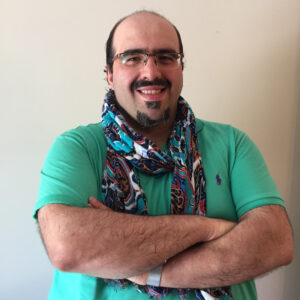

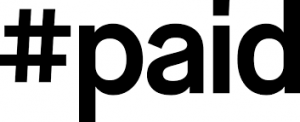

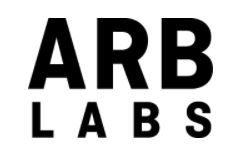


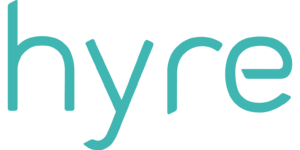




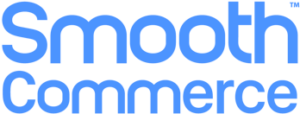

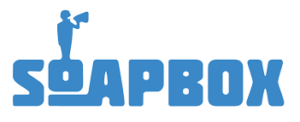





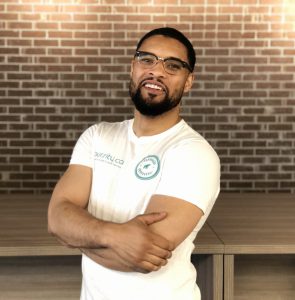
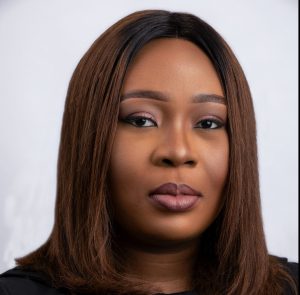

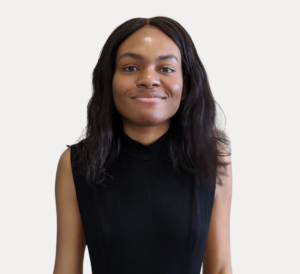
 Nathan Dumont
Nathan Dumont